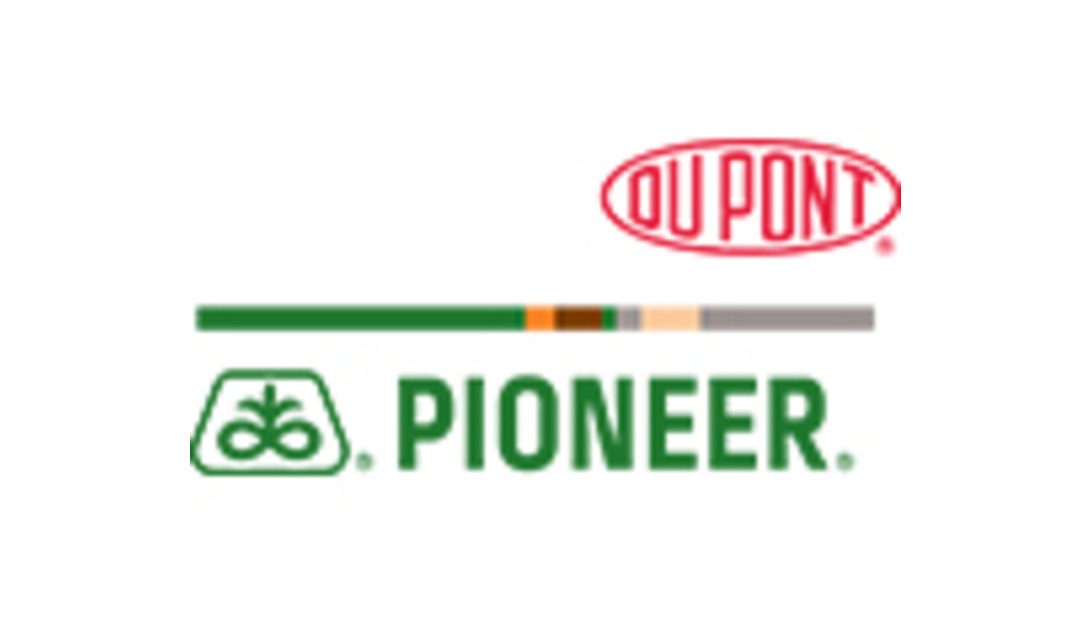Choosing an Alfalfa Variety Is Like an Election |
|
|
This item has been supplied by a forage marketer and has not been edited, verified or endorsed by Hay & Forage Grower. Choosing an alfalfa variety for your operation is like an election. Because conditions are constantly changing, you must choose for your farm without full information. However, with a little bit of homework, you can make good alfalfa variety choices based on the best available information. Sort out the candidates Choosing among potential alfalfa variety candidates may take some work. A first step is to determine what winter survival and disease or insect resistance package you need for your location and soil type. Disease resistance is somewhat like an insurance policy; you may not need resistance every year but you will likely need a high level of resistance to one of alfalfa’s major diseases at some point in the life of the stand. Next, look for reliable multi-year data to choose a group of high-yielding, certified varieties. In well-run trials, the top 20 to 25 percent is likely to perform well over the long run. Keep up with the technology The major breeding companies have invested heavily in alfalfa improvement over the last few decades. This investment is paying off in terms of improved pest resistance leading to reduced risk and higher yields. Recent breeding of glyphosate-resistant varieties brings another technology to help you manage weeds and improve establishment success in alfalfa. In the near future, reduced lignin varieties may help dairy producers and commercial hay growers achieve high-quality forage targets, manage weather delays and reduce the number of cuts in a season. Respect the power of incumbency In spite of the high number of new varieties, selecting a product which has performed well on your farm is often a good choice. Making last-minute variety decisions during the rush of spring planting is likely not the best plan. When deciding to try a new variety on your farm, it’s best to limit the number of acres of this new variety to no more than 30 to 40 percent of your new seedings. This helps manage risk and gives you an opportunity to evaluate performance of this new product over time. People often vote on party lines At the end of the day, most people buy seed from the people they know and brands they trust. Work with a reputable seed company that provides top genetics and cares enough to help you make those genetics succeed. Your alfalfa genetics supplier should do much more than deliver the seed you need to do business. Look for a company that offers trustworthy information, helping you evaluate the potential of new products and identify the right fit for your farm. Turn your seed company representative into someone who can help you cut costs and identify value for your operation. Your hopes and dreams for top-tier alfalfa performance start with choosing the very best genetics. Your alfalfa variety choice impacts your operation for several years so take the time to choose wisely. For more information, visit the alfalfa management section on The Silage Zone® resource.
The foregoing article is provided for informational purposes only. Please consult with your Pioneer sales professional or DuPont Pioneer livestock specialist for suggestions specific to your operation. Product performance is variable and subject to a variety of environmental, disease, and pest pressures. Individual results may vary. |
